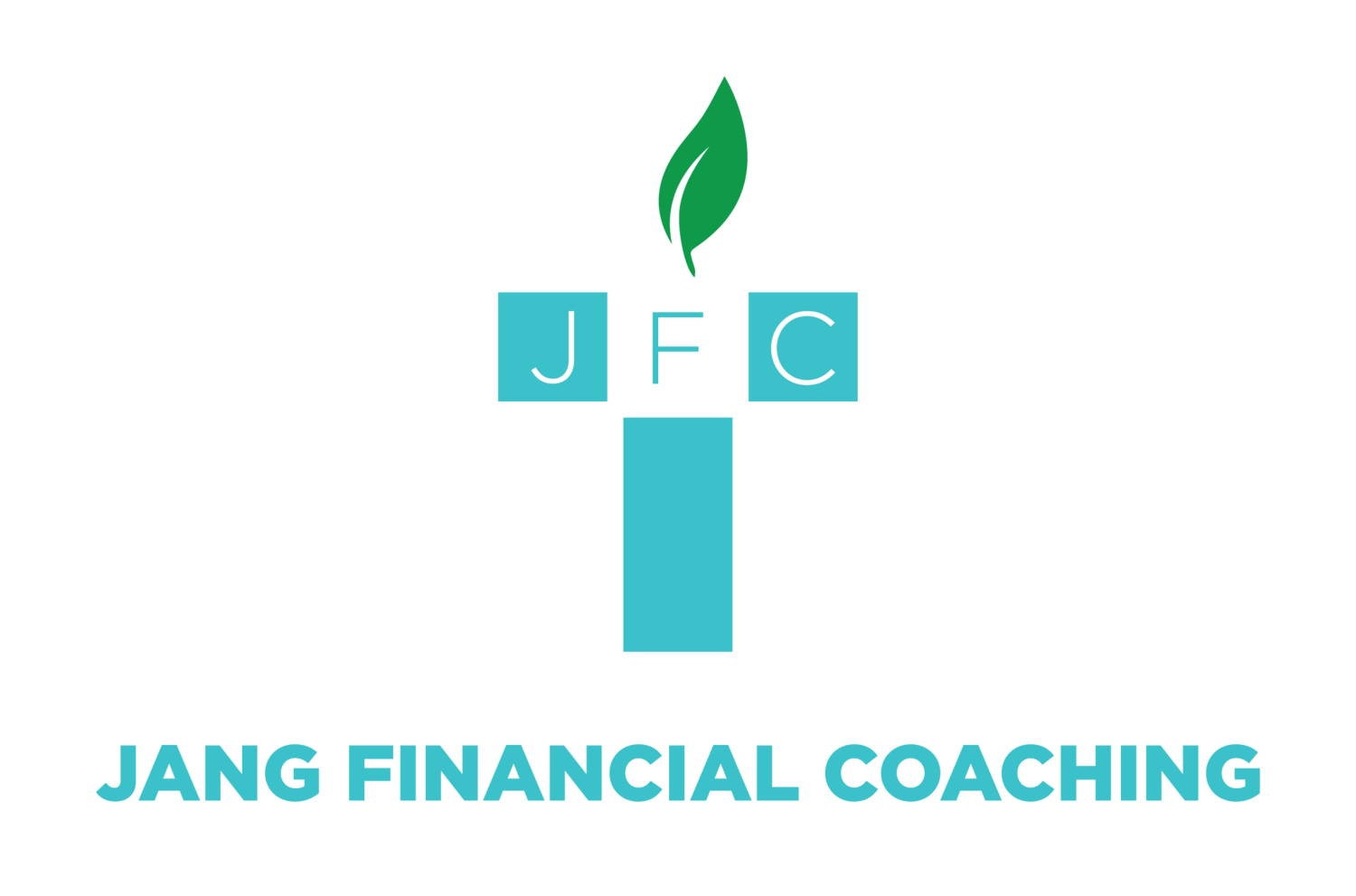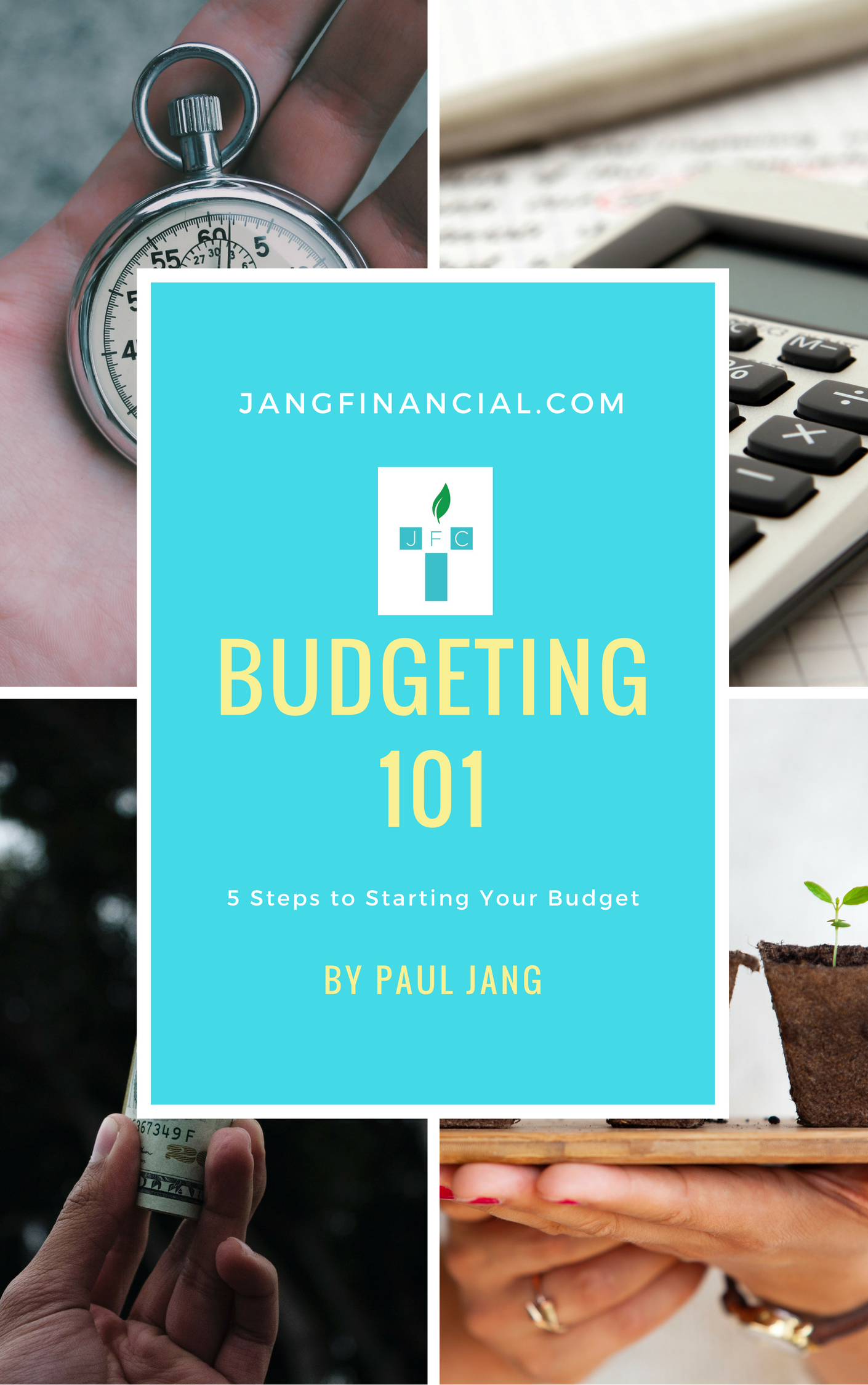The Avoidant’s Guide to Setting Healthy Boundaries with People About Money
/The Avoidant’s Guide to Setting Boundaries with People About Money: A Story of Jane and Joe
Jane reached out to me several months ago because she wasn’t sleeping well at nights, was too tired of doing finances the same old way, and just too stressed over the mounting bills and growing debt. By the way, Jane is not her real name. Despite making over $100K per year, the couple had missed their mortgage payment for a few months and realized that something had to change in the way they did their finances.
While Jane was ready to invest and receive help after having tried their way for over 10 years of their marriage, Joe her husband was not. By the way, Joe isn’t his real name either.
So, unfortunately, we didn’t end up working together because the Joe refused to receive the help the family so desperately needed. Jane would plead and ask, but he just refused.
While I do make rare exceptions, if both husband and wife are not willing to receive coaching together, I generally refuse to take them as clients. Working with just one spouse is like coaching one person in a two-person boat how to row. The boat just goes in circles.
Unfortunately, I face this kind of situations more often than I would like. And it makes no difference whether the husbands are Christians or not. Many of these husbands refuse to receive any financial coaching that they as a family so desperately need. How has your plan been working for you? Clearly, it has not been working out yet something within us, often men, prevents us from asking for the help that we need.
The Avoidant’s Guide to Setting Boundaries with People About Money
According to Cloud and Townsend, this sort of boundary problem of saying no to the good is called avoidance. Some of us, especially men, have his inability to request help, recognize our own needs and allow others in to help us. So what do avoidants do when we are in need? We withdraw and don’t ask for help from others.
Healthy biblical boundaries are best understood as fences or gates, allowing the good to enter and keep the bad out. Individuals with unhealthy and unbiblical boundaries as walls allow nothing to enter in and out, thus allowing no one to touch them.
When we have legitimate needs, there are people and organizations out there who are ready and willing to help. If we are going through major life emergencies from family breakups, loss of jobs, health crisis and more, we ought to turn to our families, friends, churches, and organizations to help us.
But the avoidants amongst us have grown up experiencing our problems and legitimate wants as something bad, destructive, or just shameful.
Some of us might have no problem helping others for 4-5 hours but cannot get themselves to ask for 15 minutes of help in some area of their need.
Are You an Avoidant?
· Do you usually say no to the good? Are you unable to ask for help, to recognize you’re your own needs, to let others in?
· Growing up, did you experience your problems and legitimate wants as something bad, destructive, or shameful?
Basic Growth Steps
1. Consider whether your boundaries are like gates or doors, allowing good to enter and keeping bad out, or more like walls that prevent anything from coming through. Ask trustworthy people in your life to speak into you about this and bring this before the Lord in prayer.
2. Whether in the area of personal finances or in general, take some time journaling or reflecting how you grew up experiencing problems and legitimate wants, especially if you were told that they were bad, destructive, or shameful.
At the heart of establishing boundaries is knowing what is good, what is bad, knowing who you are and what it means to live with integrity. God surely has boundaries, and so should Christ-followers as we steward all that the Lord has given us to manage for his approval, from relationships to money.
Let me suggest that you start by reading this book and start learning about boundaries from a biblical perspective. Invest in yourself by reading this book and please support me by using the affiliate links below when you get a copy of your book, Boundaries by John Townsend and Henry Cloud.
You can purchase them at my resource page.
You won’t regret investing in this book.
Ready to Start?
Are you ready to get started? Contact me at paul@jangfinancial.com if you want to help disciple your congregation as God-honoring stewards from a biblical perspective, or if you yourself want to grow as a steward seeking to practically manage the finances better to hear from our Lord upon his return, “Well done, good and faithful servant. You have been faithful over a little; I will set you over much. Enter into the joy of your master.” (Matthew 25:21, 23)
Paul Jang
Pastor | Personal Financial Coach to Individuals & Financial Stewardship Ministry Consultant for Churches
*If you want to automatically receive these weekly blogs, sign up for a free budgeting e-book at www.jangfinancial.com.
**Want to check out other blog entries, check out www.jangfinancial.com/jang-financial-stewardship-blogs/
Paul Jang served as a full-time ordained pastor for close to 15 years in Bergen County, NJ. Currently, he serves as an associate pastor at the Church Gathered & Scattered and as a personal financial coach and a financial stewardship ministry consultant for churches at Jang Financial Coaching LLC (jangfinancial.com), he serves Christ-followers and churches position toward financial peace, independence, and generosity. He is a certified Ramsey Solutions Master Financial Coach, a certified small group facilitator of Compass, finances God’s way, and a member of Christian Stewardship Network. Paul has been serving as a financial counselor for about decade and enjoys running while listening to a good audiobook on anything financial. He is happily married to Joy and committed to raising 3 future stewards in God’s Kingdom.
Articles on Boundaries
How to Set Boundaries with People About Money
The Compliant’s Guide to Setting Boundaries with People About Money
Articles on Generosity
Confessions of a Novice in Generosity
The Beginner’s Guide to Generosity
Warning: Read This to Rethink About Generous Living
Keys to Living a Generous Life
Articles on Financial-Emotional Types:
Do You Make This Mistake in Your Personal Finances?
How the Self-Worth Spender Within Me Stole 9 Months of My Life
Why Some People Always Medicate Themselves Through Retail Therapy
Confessions of a Recovering Security Seeker
What Is Your Financial Emotional Elephant Type?
Articles on Budgeting and Debt-Elimination
A Steward’s Guide to Starting a Budget
A Steward’s Guide to Starting a Budget Part 2: Tracking Expenses by Category
A Steward’s Guide to Starting a Budget Part 3: Fixed, Variable and Lifestyle Choices



